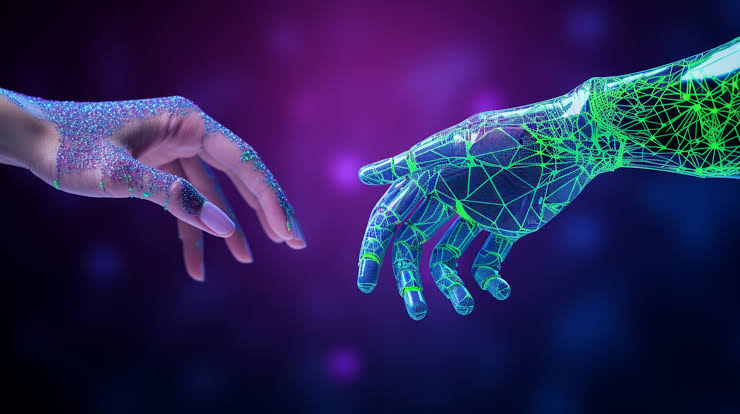Geneva, May 31, 2024, The Europe Today: Chinese companies took center stage at the 2024 Artificial Intelligence (AI) for Good Global Summit, which kicked off on Thursday. The summit, co-convened with the Swiss government and organized by the International Telecommunication Union (ITU) in partnership with 40 other United Nations (UN) agencies, aims to harness AI to advance global development priorities such as health, climate, gender equality, inclusive prosperity, and sustainable infrastructure.
Drawing over 2,500 participants, including government officials, experts, and industry leaders from around the world, the summit featured a bustling exhibition hall where Chinese companies attracted significant attention.
Alibaba DAMO Academy showcased innovative AI solutions for early cancer detection, while Chinese telecom giant ZTE presented comprehensive AI solutions tailored for various industry applications.
One standout exhibitor, Hypershell, a Chinese startup specializing in exoskeleton technology, drew large crowds with its mountain exoskeleton featuring a self-developed AI MotionEngine with 14 sensors. This technology optimizes control algorithms based on user movement data, enhancing outdoor activities.
Sara Cela, head of the unit for strategic partnerships at the Municipality of Tirana in Albania and an avid hiker, was impressed by the product. “I haven’t seen other examples like this,” she said, noting that the equipment could help people embark on nature adventures more safely.
Reflecting on the strong presence of Chinese companies, Cela remarked, “China is developing rapidly in AI, and I believe it has significant potential in advancing technology.”
Luo Yonggang, chief engineer of AI Lab at Chongqing Changan Automobile Co., Ltd., highlighted the company’s invitation by the ITU to share experiences in leveraging AI for autonomous driving safety. “Chinese electric vehicles and autonomous driving technologies are among the leading groups in the world,” Luo said, emphasizing the global interest in their advancements.
In a video address, UN Secretary-General Antonio Guterres described AI as a “game changer” for achieving UN Sustainable Development Goals. He stressed AI’s potential in enhancing education and healthcare in remote areas, increasing crop yields, and providing early warning systems for natural disasters. However, he also highlighted the need to mitigate AI-related biases, misinformation, and security threats. “We need global coordination to build safe and inclusive AI that is accessible to all,” Guterres stated.
ITU Secretary-General Doreen Bogdan-Martin echoed this sentiment in her keynote speech, calling for a unified framework for AI standards that reflect diverse perspectives and capabilities. “There is a clear recognition of the importance of both maximizing the benefits of AI while also managing these risks,” she noted.
On the eve of the summit, a special event called AI Governance Day brought together government leaders and the global AI community to focus on transitioning from principles to the implementation of effective AI regulation.
The presence and participation of Chinese companies at the summit underscore their growing influence and contributions to the global AI landscape, setting a strong example for international cooperation and innovation in the AI field.


